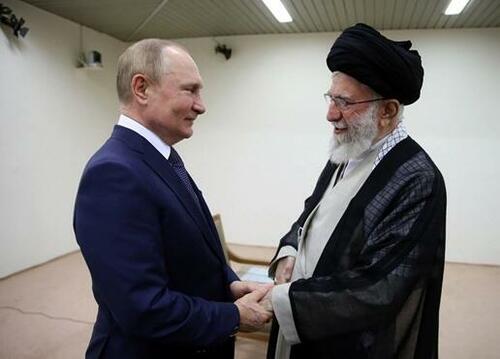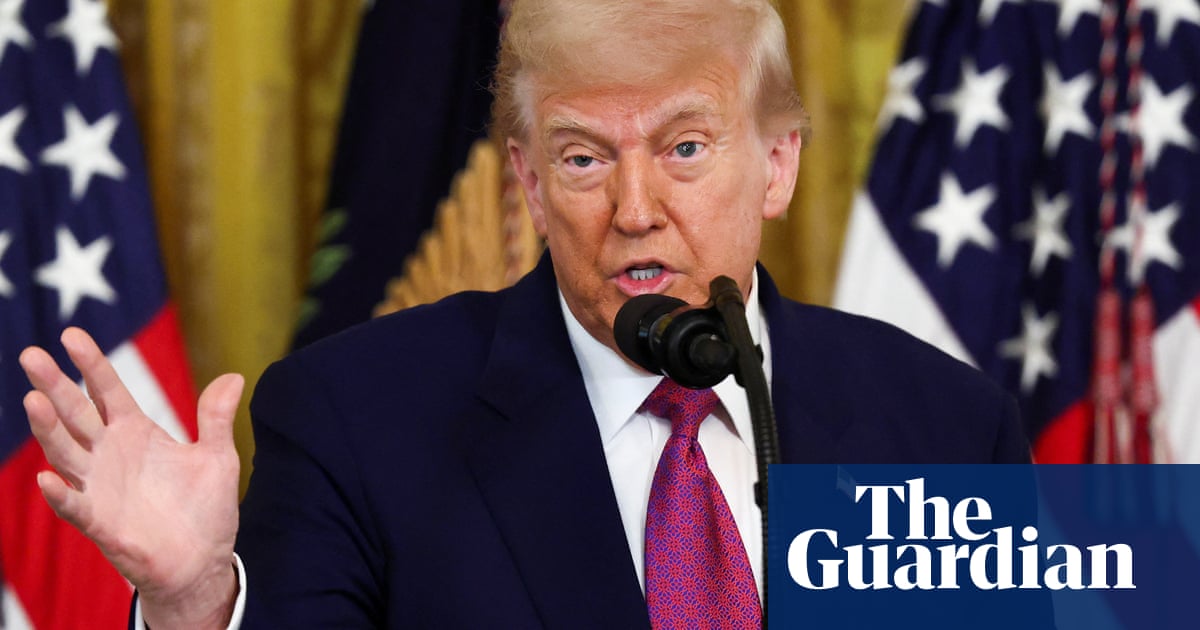Putin Aligns with U.S. on Iran’s Zero Enrichment Nuclear Plan

Russian President Vladimir Putin has reportedly expressed support for a nuclear deal that would prevent Iran from enriching uranium. This development follows discussions with U.S. President Donald Trump, as revealed by U.S. officials to Axios. The potential shift in Russia’s longstanding position raises significant questions about future diplomatic relations concerning Iran’s nuclear program.
The Iranian reaction has been mixed, with the semi-official Tasnim News Agency citing an “informed source” who denied that Putin communicated any such agreement to Tehran. Historically, Russia has advocated for Iran’s right to enrich uranium, making this apparent endorsement of a “zero enrichment” plan a notable departure from previous stances.
Diplomatic Implications of the Shift
This proposed agreement could imply that an external power, likely Russia, would supply the enriched uranium necessary for Iran’s nuclear energy needs. Following a recent 12-day conflict between Iran and Israel, which culminated in U.S. airstrikes on Iranian nuclear facilities, President Trump has made it clear that Iran must cease uranium enrichment. This condition appears to align with Russia’s new position, reflecting a possible strategic realignment in international diplomacy regarding Iran.
Citing three European officials and a senior Israeli official, Axios reported that Moscow has encouraged Tehran to accept the zero-enrichment condition in order to facilitate dialogue with the U.S. One senior Israeli official remarked, “We know that this is what Putin told the Iranians.” Nonetheless, Iranian state media has refuted these claims, indicating a discord between the reported discussions and Tehran’s official stance.
The framework for negotiations proposed by Washington suggests that Iran must abandon its pursuit of highly enriched uranium in exchange for sanctions relief. One European official stated, “Putin supports the no-enrichment option. He encouraged the Iranians to move in this direction to facilitate dialogue with the U.S. But Tehran refused even to consider this possibility.”
Trust Issues and Future Negotiations
Iranian leaders have expressed skepticism regarding U.S. intentions, particularly given the history of shifting U.S. policies, such as the withdrawal from the Joint Comprehensive Plan of Action (JCPOA) in March 2018. This history complicates the possibility of reaching a consensus, as Iran demands clarity on how and when sanctions will be lifted.
While Iran is expected to reject a complete halt to uranium enrichment, it may be open to imposing limits along with a robust monitoring system. However, recent reports indicate that Iran has expelled International Atomic Energy Agency (IAEA) inspectors, which raises concerns about transparency in its nuclear activities.
As diplomatic efforts continue to unfold, the implications of Putin’s shift in stance towards Iran’s nuclear program will be closely monitored by international observers and stakeholders. The evolving dynamics between these nations could significantly influence regional stability and global nuclear non-proliferation efforts.






